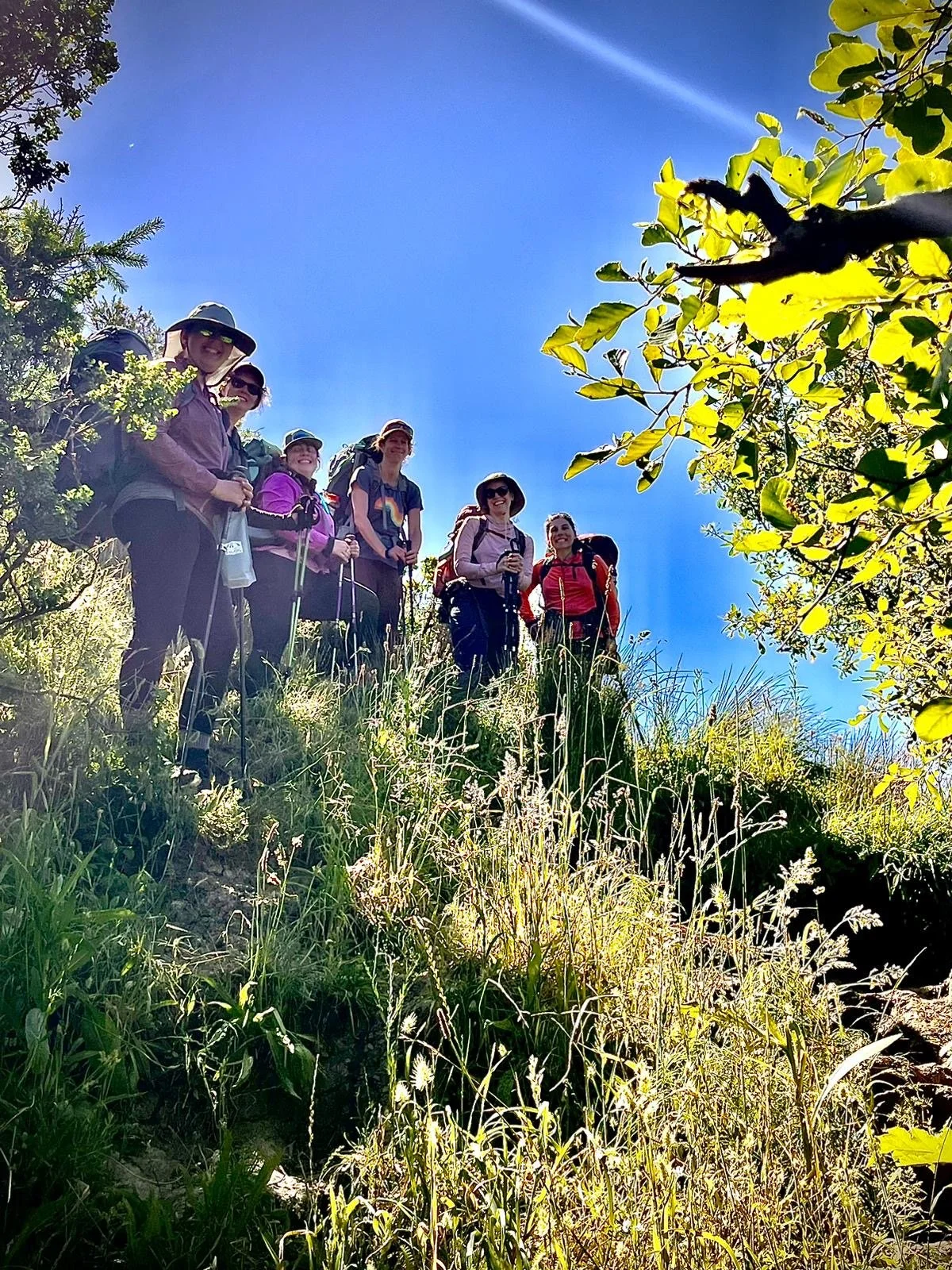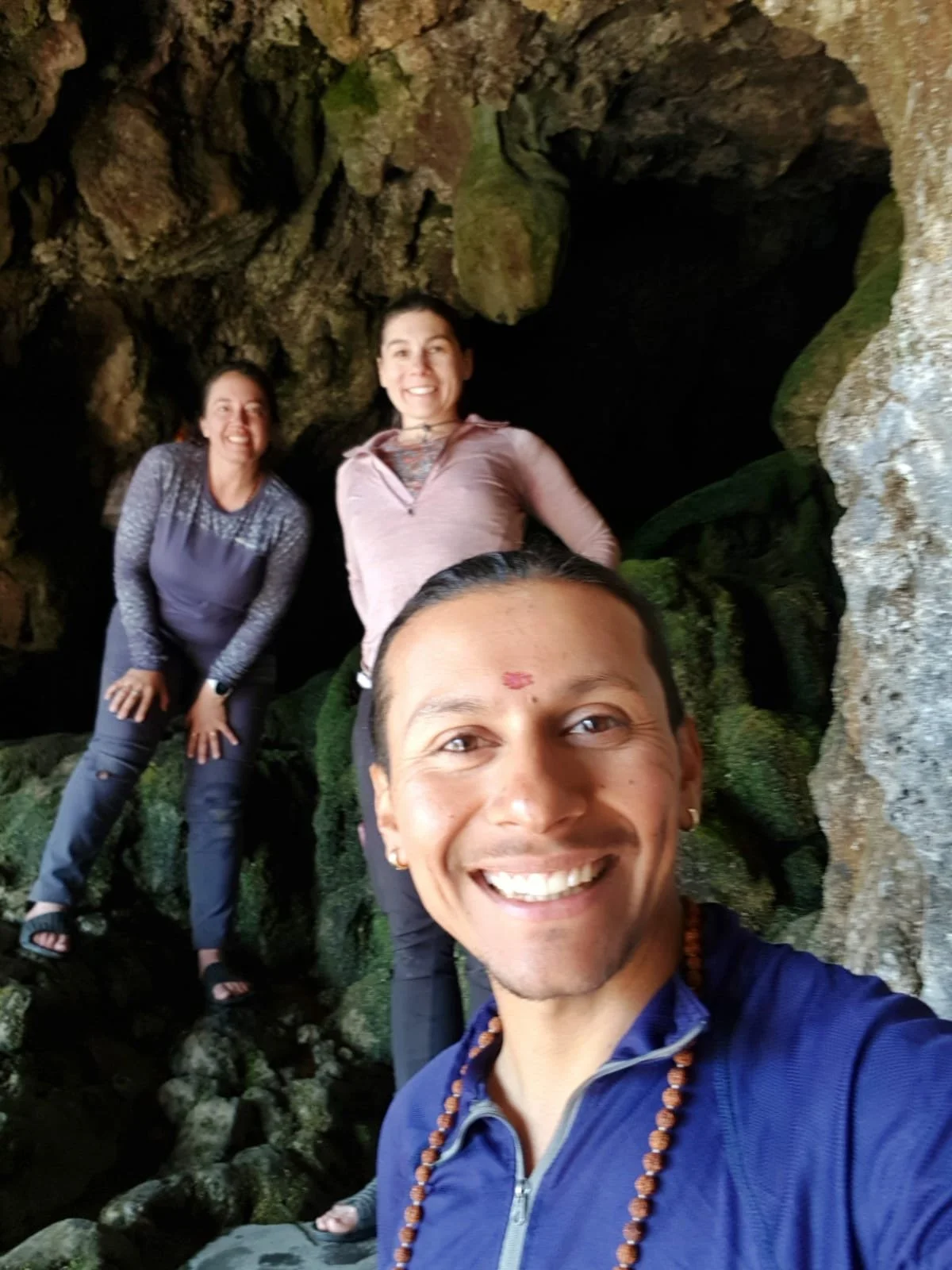Gratitude is much more than a seasonal pleasantry; it is an embodied, transformative practice that offers profound health benefits on physical, psychological, and relational levels. As autumn settles in and the rhythm of the holidays approaches, embracing gratitude offers us medicine for body, heart, and community. This article blends scientific research, Indigenous perspectives, and a seven-day compliment challenge, ending with an invitation to a gratitude-focused yoga class.
Read MoreArthritis is not just one condition but a constellation of more than a hundred related disorders that share a common theme: inflammation and degeneration of the joints. For many, arthritis unfolds gradually. It often begans as a subtle whisper — stiffness in the mornings, minor swelling after activity, a lingering ache in injured areas. For me, it was a loud shouting – starting at the age of 29 years old I had multiple broken bones and injuries, that produced lastly effects. When I fractured my ankle at 35 years old, arthritis settled into that joint with startling force.
Read MoreI was born broken, and there was no way I could be fixed. I mean--that’s what I’ve heard from doctors with whom my parents consulted, and then from my parents, who obviously believed in doctors more than they believed in their son. I was told that I was born broken, but the truth is a bit more complicated: I was born with a severe lack of ligaments, one shoulder “too” high, feet that were “too” flat, and a back that was “too” curved.
Read MoreScientific research corroborates what yogic wisdom intuits: respiratory function declines with age. By age 65, we can lose up to 40% of our lung capacity. The rib cage flattens, the lower ribs flare, and the diaphragm becomes less efficient—resulting in shallower breathing and greater reliance on upper chest and shoulders.
Read MorePracticing the style of yoga that best fits your needs in the moment is a key component to reaping the most benefits from it. What you need could change day-to-day, even hour to hour, or could be steady throughout a lifetime. Listening to your body, mind and spirit for guidance will help you decide what will serve you best. This article is meant to help you understand some the different styles of yoga so you can incorporate them into your home practice or know which class to pick when going to a studio.
Read MoreRewilding is a concept that has gained remarkable traction in recent years, both as a practical conservation strategy and as a philosophical shift in how humans relate to the natural world. On an ecological level, rewilding is about letting nature reclaim its autonomy-restoring ecosystems, reintroducing lost species, and ultimately allowing natural processes to shape and heal the land and sea with minimal human interference. Yet, rewilding is not only a planetary project; it also holds profound implications for human beings, inviting us to reconsider our place within the web of life and to reconnect with the wildness both around us and within ourselves.
Read MoreThis month guest writer, Malcolm March shares with us his journey to transform his physique while in chronic pain and his holistic approach to personal training. He is now a professional personal trainer.
Read MoreI was raised in a intentional community. This particular variety of intention community was an authentic hippy commune, created in 1969 by a group of young people living in the San Francisco Bay Area of California who were looking to live an alternative, experimental lifestyle. It was founded on a philosophy that you are perfect the way you are – not broken, wrong, or needing to be fixed. This was, and still is, a radical idea that has been around for millennia and is also a key pillar yogic philosophies.
Read MoreClassical Tantrism and Neo-Tantrism represent two distinct approaches to spiritual practice, with the former rooted in ancient traditions and the latter a modern interpretation. While both share some common elements, they differ significantly in their focus, methods, and ultimate goals.
Read MoreIn the realm of human connection, few elements are as potent and transformative as physical touch. From a gentle, therapeutic caress to a passionate embrace, touch serves as a fundamental language of intimacy, capable of conveying emotions that words often fail to express. This profound form of communication not only strengthens bonds between individuals but also plays a crucial role in maintaining both mental and physical well-being.
Read MoreWhile both yoga therapy sessions and general yoga classes share roots in the ancient tradition of yoga, yoga therapy takes a more personalized and targeted approach to addressing specific health concerns and promoting overall well-being.
Read MoreAs a yoga therapist with years of experience in both traditional yoga and yoga therapeutic, I've witnessed firsthand the transformative power of yoga therapy and how it differs from personal training. While both practices aim to improve overall health and well-being, their approaches, methods, and goals are quite distinct. Let me share my insights on the key differences between yoga therapy and personal training.
Read MoreEco-therapy is a practice that involves engaging with nature to improve mental and physical well-being. It offers a range of benefits for mental, emotional, and physical well-being. Many principles and practices found in traditional yoga philosophy align closely with the ideas behind eco-therapy.
Read MoreIn the heart of the Nepalese Himalayas, where the air is thin and the peaks pierce the heavens, lies a trail less traveled, winding through pristine forests and towering cliffs. This is where our story begins.
Read MoreWhile seemingly disparate disciplines—yoga and strength training—can converge to create a powerful synergy that combines the meditative grace of yoga with the empowering resistance of weight training. Let's embark on a journey to explore the fusion of yoga with weights and the myriad benefits it offers for physical, mental, and spiritual well-being.
Read MoreWhen you’ve got a tight budget or busy life attending regular yoga classes can be challenging. Even package rates at studios put a dent in your wallet, and isn’t it ironic when struggling to squeeze sessions into your busy schedule actually increases the stress you’re trying to reduce with your practice. Moving your yoga routine out of the studio and under your own roof alleviates these problems while opening new avenues for deepening your practice.
Read MoreJust in time for Valentine’s Day, I am sharing with you some fun and effective ways to create more connection with yourself and with a partner through embodied practices of reverence for deeper intimacy. I’ll be giving ideas for how to use yoga, playful movement, eye gazing, massage, and dance to enliven your body, mind and spirit and open your heart to a partner. I've been a dancer, yoga therapists and massage therapist for many years and have seen how intentional connection exercises can help lovers, friends, family, and individuals to find their way to, or back to, connection.
Read MoreIt's normal to feel down once in a while, but if you're sad most of the time and it affects your daily life, you may have depression. There are many different types of depression. Events in your life cause some, and chemical changes in your brain cause others. Seasonal Affective Disorder, or S.A.D., which is a period of major depression that most often happens during these winter months, when the days grow short and we get less and less sunlight.
Read MoreNavigating the healthcare landscape can often feel like an intricate maze, especially as we age and our medical needs become more complex. For older adults, who may be managing multiple health conditions or medications, active self-advocacy is no longer an option—it’s a requirement for maintaining optimal health. This guide zeroes in on six crucial strategies tailored to the unique healthcare challenges faced during your golden years.
Read MorePoses which relax and restore the mind, body and spirit are an essential part of a yoga practice that provide nourishment to support the many systems of the body that keep us healthy and happy throughout the year. Collectively, these practices are known as Restorative Yoga.
There are several misconceptions and limiting beliefs surrounding this practice that can hinder people from engaging in it and receiving it’s benefits.
Read More


















